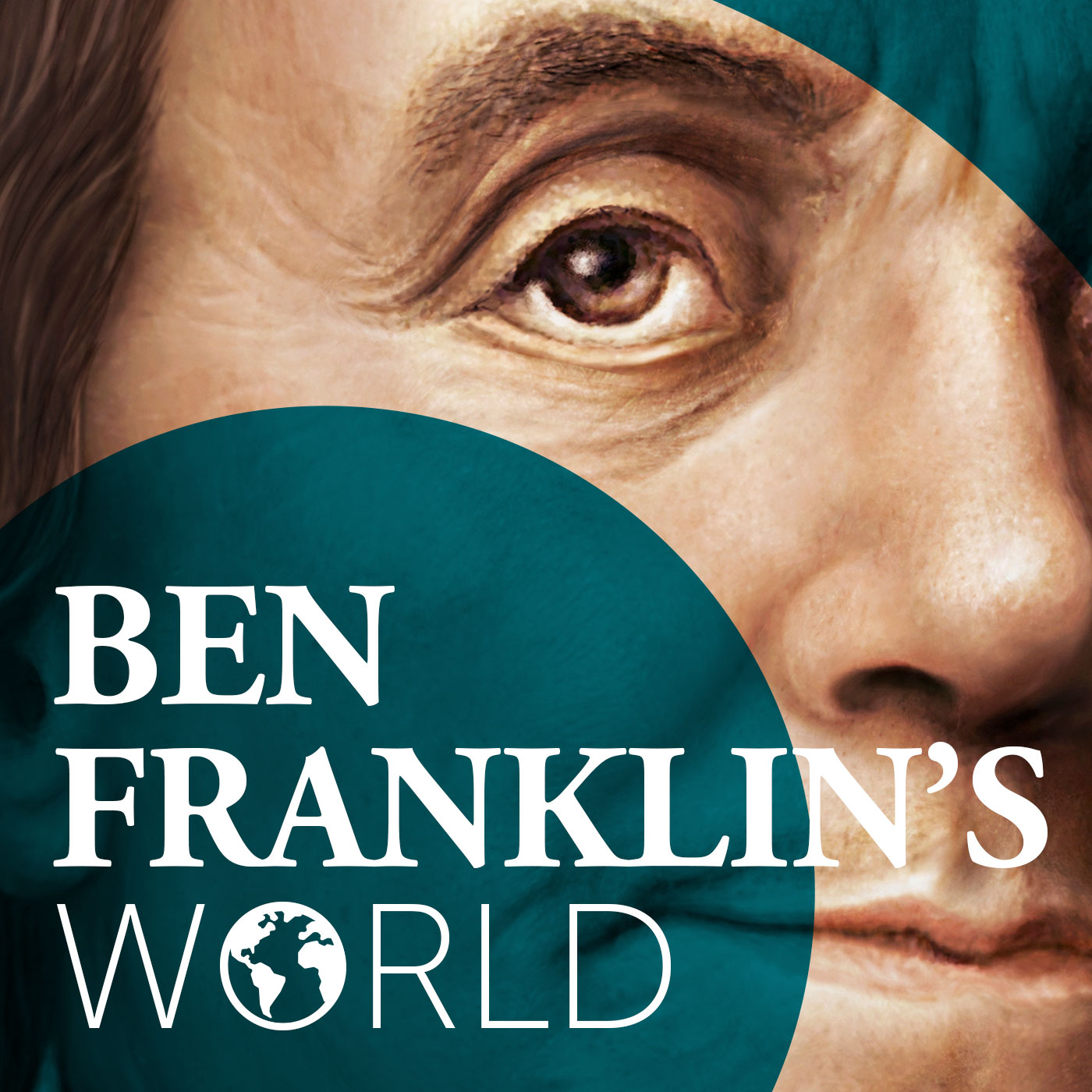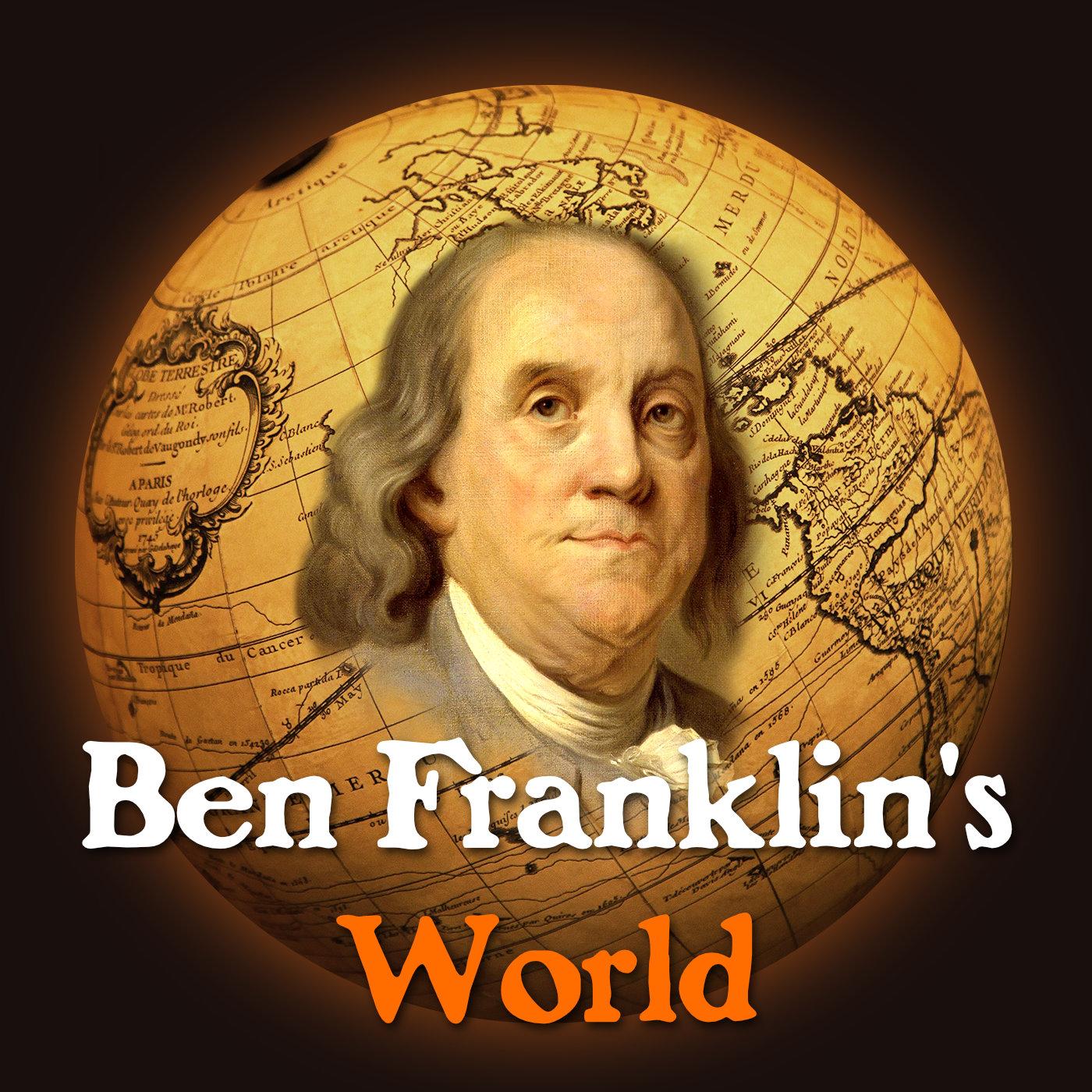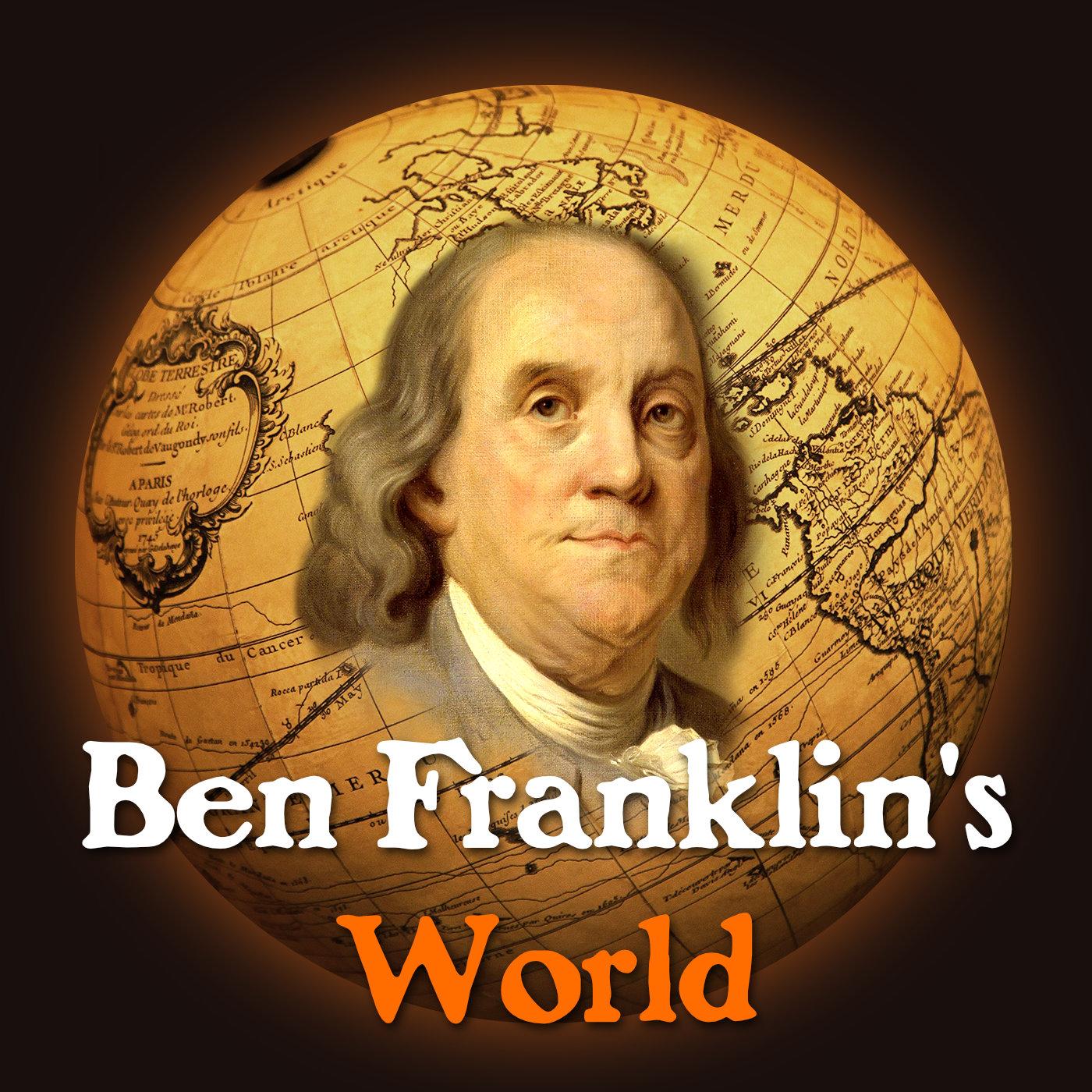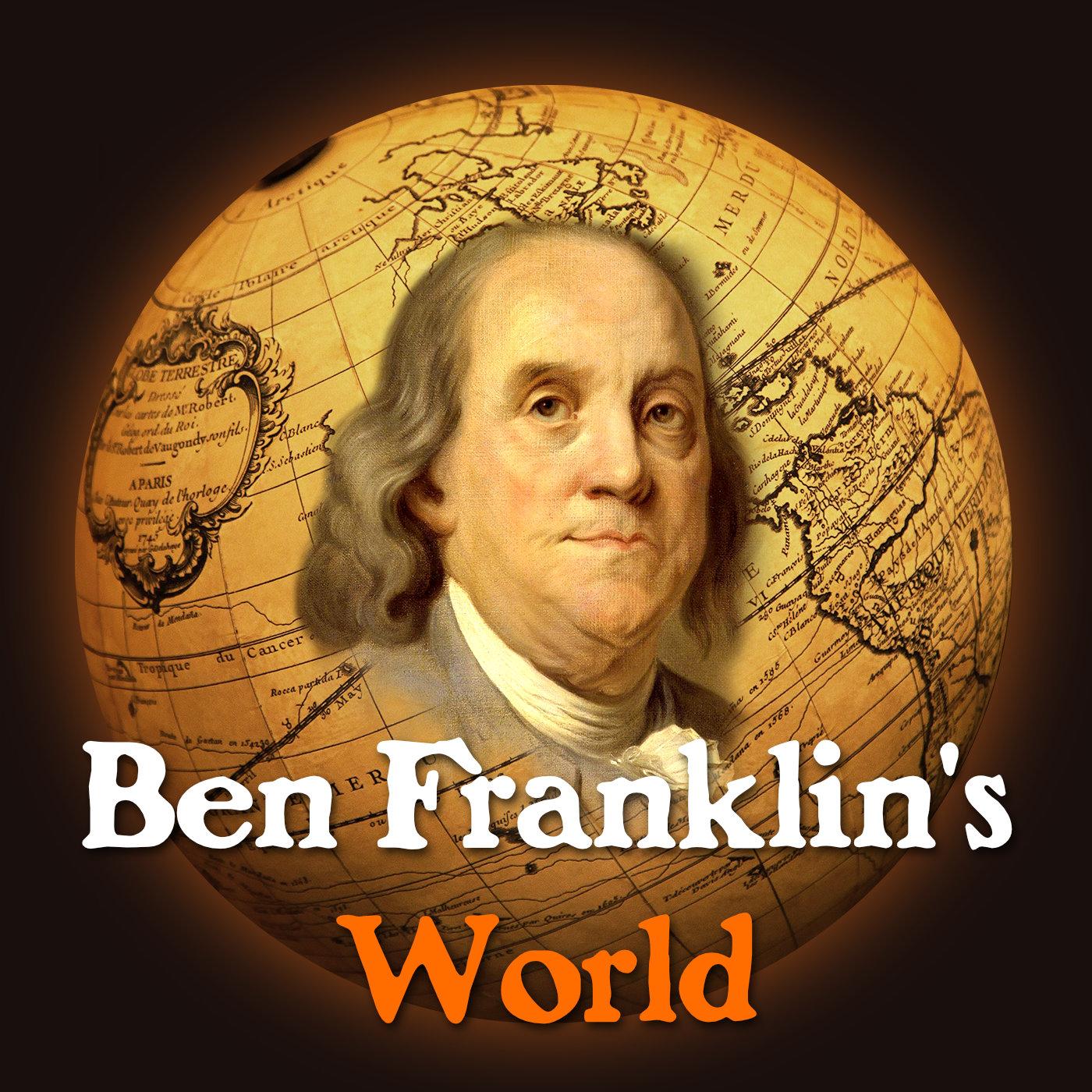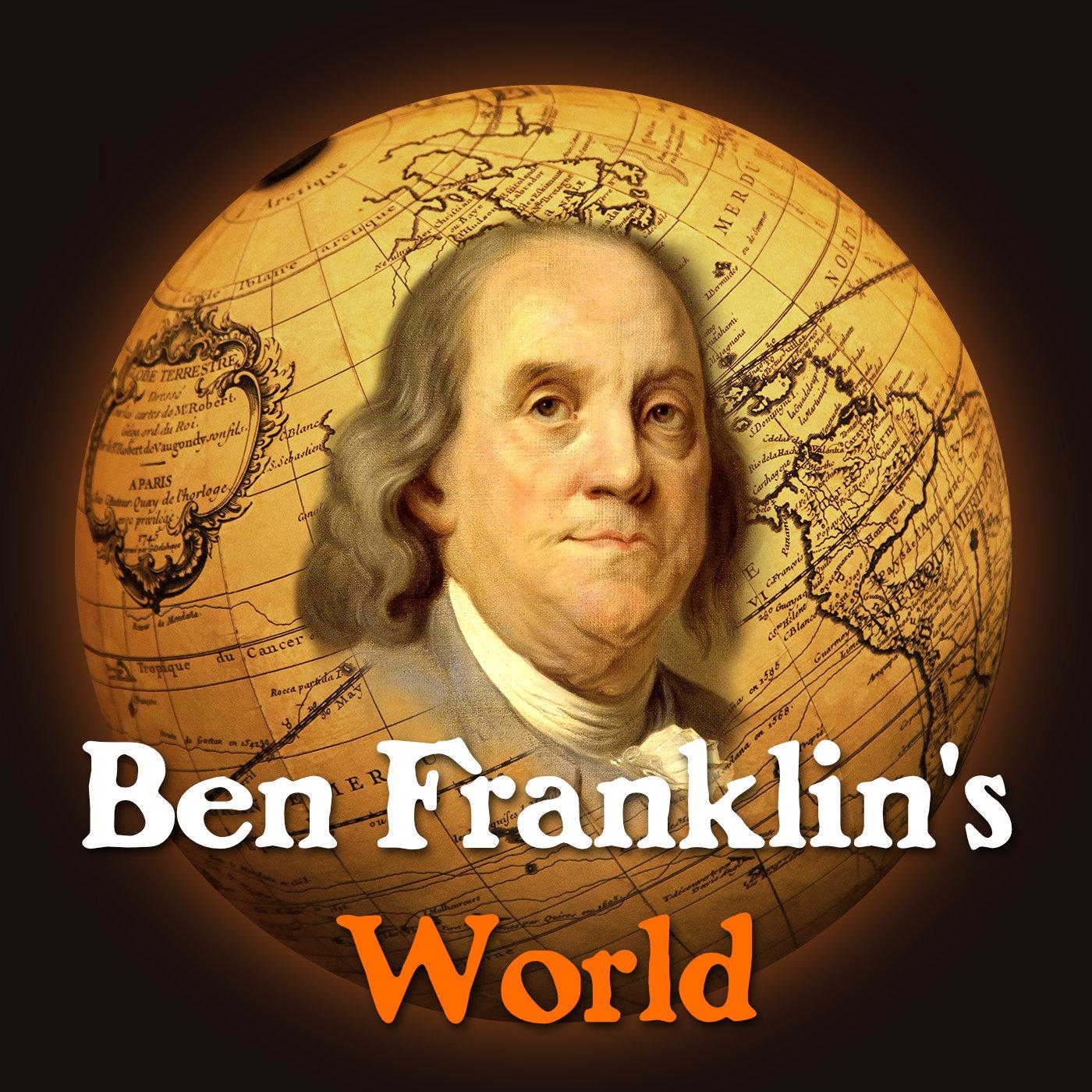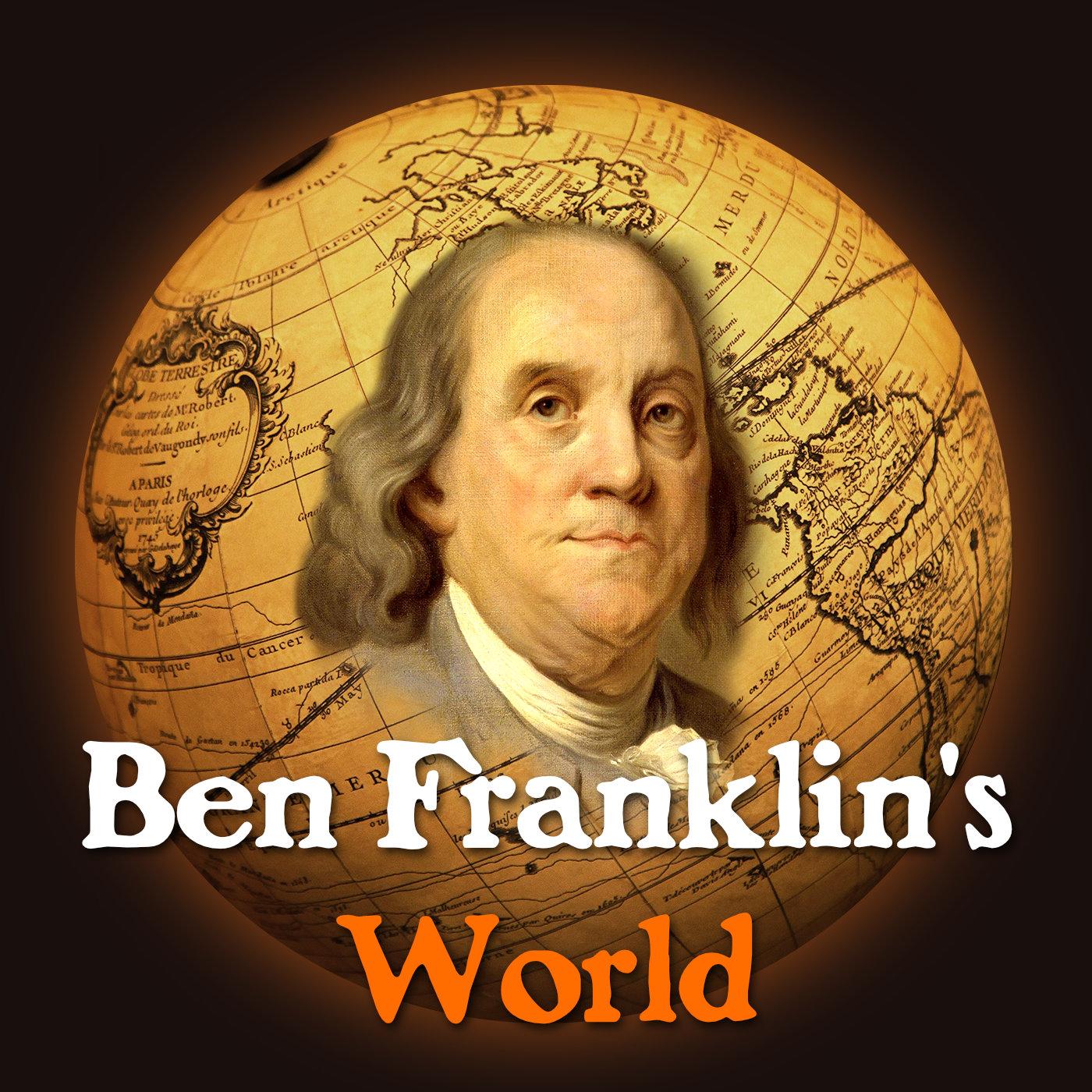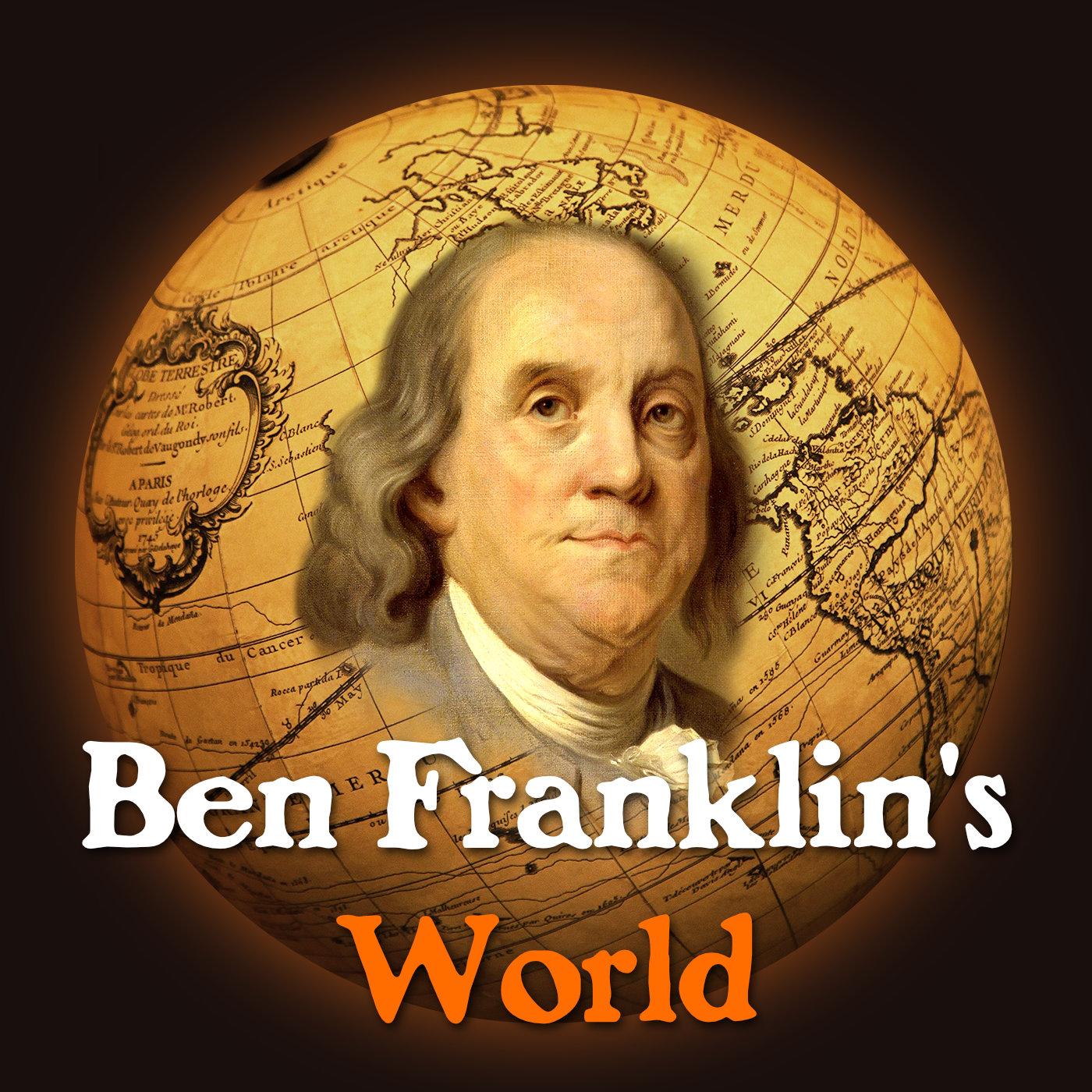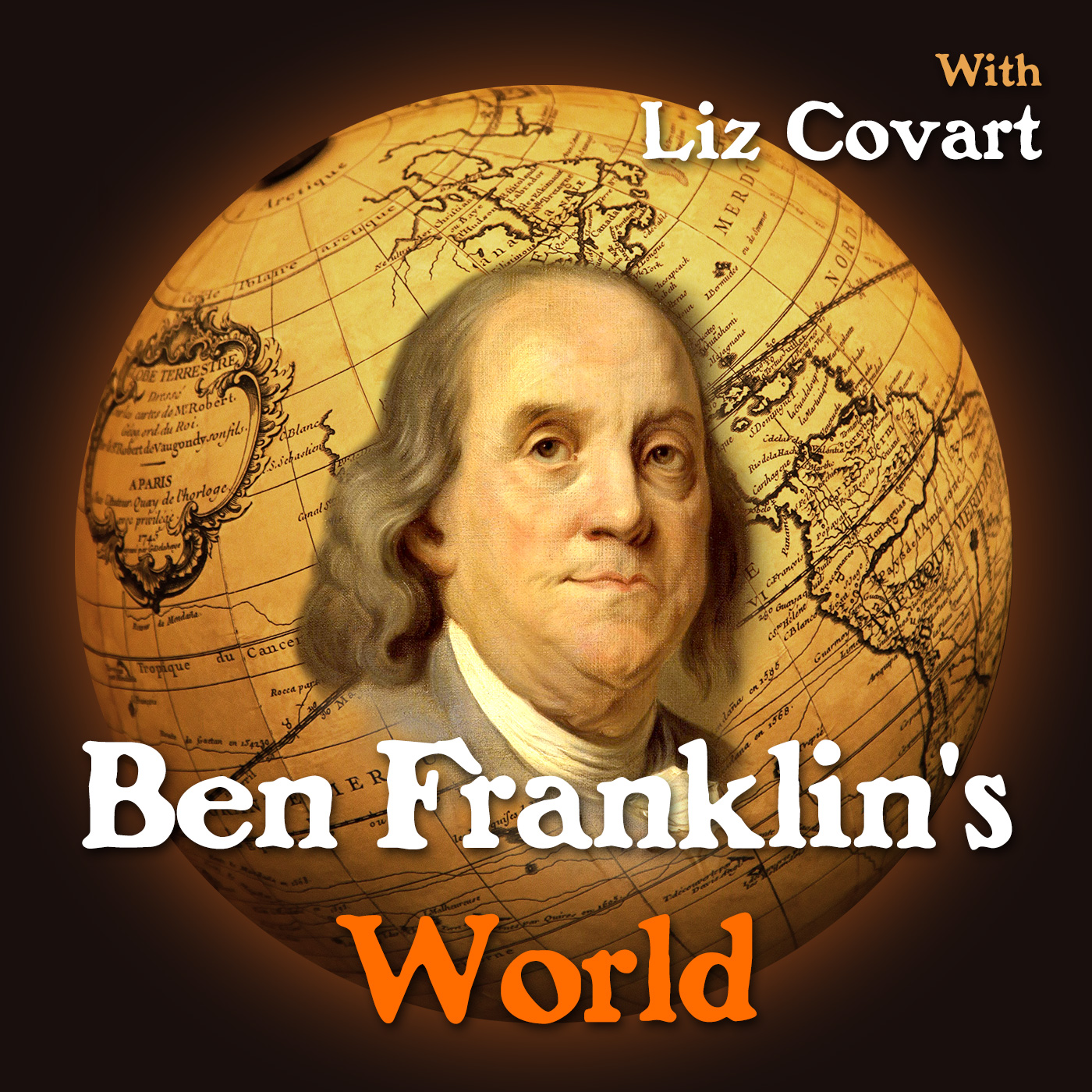116 Disease & The Seven Years' War
When we think of the French and Indian, or Seven Years’ War, we often think of battles: The Monongahela, Ticonderoga, Québec. Yet, wars aren’t just about battles. They’re about people and governments too. In this episode, we explore a very different aspect of the French and Indian or Seven Years’ War. We explore the war through the lens of disease and medicine and how disease prompted the British government to take steps to keep its soldiers healthy. Our guide for this investigation is Erica Charters, an Associate Professor of the History of Medicine at the University of Oxford and author of Disease, War, and the Imperial State: The Welfare of British Armed Forces during the Seven Years’ War. Show Notes: http://www.benfranklinsworld.com/048 Sponsor Links Cornell University Press Episode 109: John Dixon, The Enlightenment of Cadwallader Colden Helpful Show Links Help Support Ben Franklin's World Crowdfunding Campaign Ben Franklin's World Facebook Page Join the Ben Franklin's World Community Sign-up for the Franklin Gazette Newsletter Ben Franklin's World iOS App Ben Franklin's World Android App Complementary Episodes Episode 060: David Preston, Braddock’s Defeat Episode 086: George Goodwin, Benjamin Franklin in London Episode 091: Gregory Dowd, Rumors, Legends, and Hoaxes in Early America Episode 108: Ann Little, The Many Captivities of Esther Wheelwright *Books purchased through this link will help support the production of Ben Franklin's World.

45m